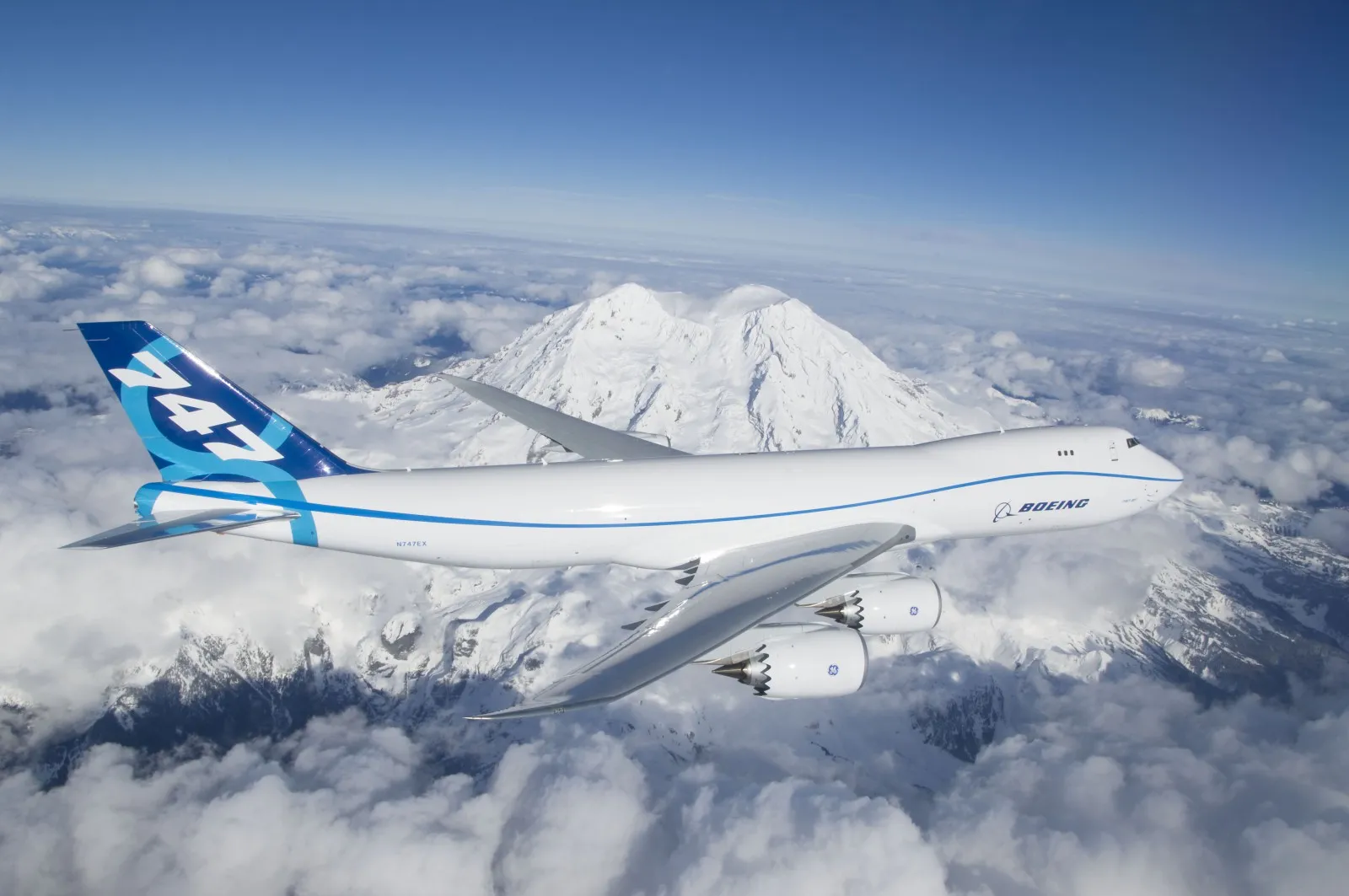
Boeing to end production of the world's favorite airplane - the 747
Jul 03, 2020

Boeing has announced the end of production for the iconic 747, a plane that has become synonymous with long-haul travel and luxury in the skies. First introduced in the late 1960s, the 747 quickly gained popularity for its distinctive hump and spacious cabins. Over the decades, it has served various roles, from commercial flights to cargo transport and even as a flying presidential office. The decision to cease production marks the end of an era in aviation history, as airlines increasingly shift towards more fuel-efficient models. The final 747s will leave a lasting legacy in the hearts of aviation enthusiasts and travelers alike.
The Boeing 747, often affectionately referred to as the "Jumbo Jet," has held a special place in the hearts of aviation enthusiasts and travelers alike. Its iconic humpbacked silhouette and impressive capacity have made it a mainstay in both commercial and cargo aviation since its introduction in 1970. However, after more than five decades of service, Boeing has announced that it will cease production of this beloved aircraft. This decision marks the end of an era for one of the most recognized airplanes in the world.
The Legacy of the Boeing 747
The Boeing 747 revolutionized air travel by making it more accessible to the masses. With its ability to carry hundreds of passengers over long distances, it changed the way people viewed air travel. The aircraft has undergone several iterations, including the 747-100, 747-400, and the latest 747-8. Each model brought improvements in fuel efficiency, passenger comfort, and advanced technology.
Throughout its history, the 747 has been a preferred choice for airlines worldwide. Its spacious interior, combined with its ability to fly long-haul routes, has made it a staple for international travel. It has also found a significant role in cargo transport, with the freighter versions playing a vital role in global logistics.
Reasons Behind the Production Halt
As we look at the current aviation landscape, several factors have contributed to Boeing's decision to end production of the 747:
| Factors | Description |
|---|---|
| Changing Market Demand | Airlines are increasingly favoring smaller, more fuel-efficient aircraft that can operate on a variety of routes, leading to a reduced demand for large aircraft like the 747. |
| Pandemic Impact | The COVID-19 pandemic drastically altered air travel demand, with many airlines facing financial struggles, prompting them to reassess their fleets. |
| Technological Advancements | Newer aircraft models, like the Boeing 787 and Airbus A350, offer enhanced fuel efficiency and passenger comfort, making them more appealing to airlines. |
The Boeing 747's Enduring Influence
Despite the production halt, the Boeing 747's legacy will live on. Its design and engineering innovations have influenced numerous aircraft that followed. The Jumbo Jet's ability to operate in various roles, from passenger transport to cargo, has set a standard that many aircraft continue to aspire to achieve.
Moreover, the "Boeing 747" has been featured in countless films, documentaries, and books, cementing its status as a cultural icon. From its role in transporting world leaders to being the aircraft of choice for space shuttle transport, the 747 has made its mark beyond just commercial aviation.
What Lies Ahead for Boeing?
The decision to end the production of the "747" comes as Boeing shifts its focus towards more modern and efficient aircraft. The aviation industry is evolving, and Boeing is investing in new technologies and designs that align with current market demands. The company aims to enhance sustainability and improve operational efficiency across its aircraft portfolio.
Boeing is actively working on the development of the "Boeing 777X" and other innovative models that will help shape the future of air travel. These aircraft are designed with advanced materials and technology, focusing on reducing fuel consumption and emissions, which are critical factors in today's environmentally conscious market.
Conclusion: A New Chapter in Aviation
As Boeing prepares to end production of the "747", it marks the conclusion of a significant chapter in aviation history. The Jumbo Jet's impact on air travel, its engineering marvel, and its status as a symbol of the golden age of aviation will forever be remembered. While the skies may become a little less iconic without the presence of the 747, the advancements in aviation technology promise an exciting future ahead.
The legacy of the Boeing 747 will continue to inspire future generations of aviation enthusiasts and engineers. Its influence will be felt in the design and operation of aircraft for years to come, ensuring that the spirit of the Jumbo Jet will always remain a part of aviation history.
Related Articles

Explore Thailand: The Best Islands to Visit for Paradise, Adventure, and Relaxation

The Ultimate Guide to the Best Islands in Thailand for Your Next Getaway

Do babies need passports? How to get a passport for a newborn

How to get a U.S. passport fast: here’s how to expedite the process

What is Mobile Passport Control: 5 reasons why you should use it

SENTRI vs. Global Entry: A detailed guide

Do you need a passport to go to the Bahamas? Let’s find out

Do you need a passport to go to Mexico? A detailed guide

Do you need a passport to go to Canada? We got the answer

Do You Need a Passport for a Cruise: An Essential Travel Guide

Booster Seat Requirements: All the Rules to Follow in Your Rental Car

What Are the World’s Most Powerful Passports, and How Does Yours Rank?

How to Take a Passport Photo at Home: A Helpful Guide

You've got to have heart! Southwest's new livery

Your opinion: Should water be free on low cost carriers?

Young women bolder than guys as solo travellers
